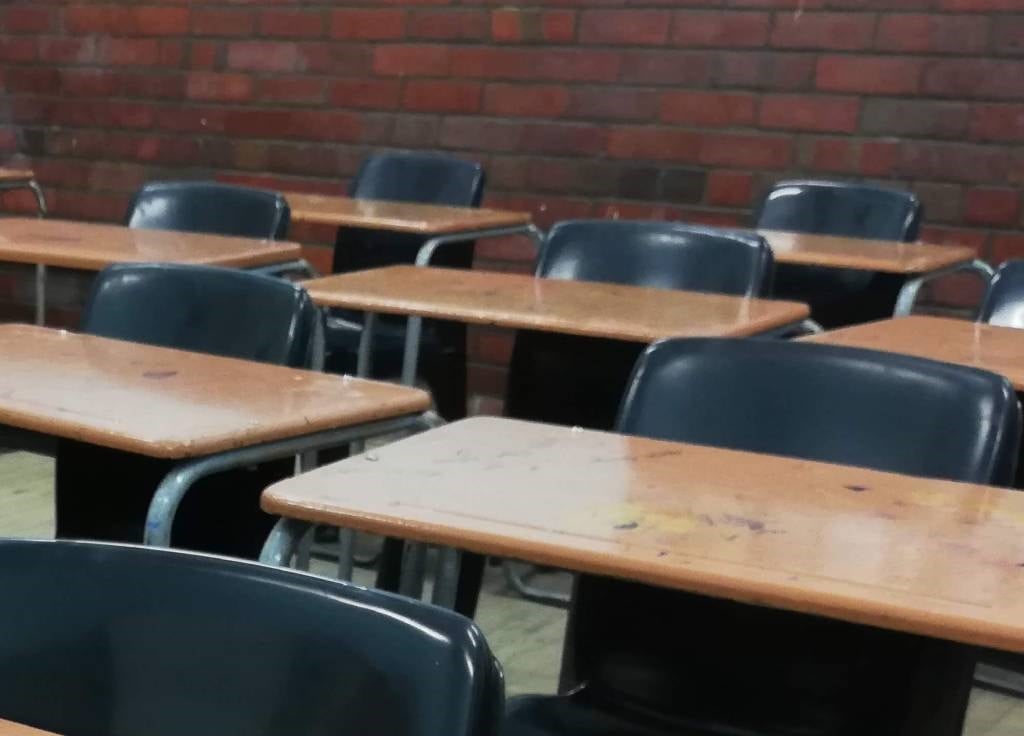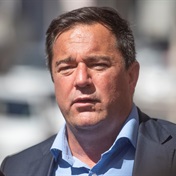
Over the years, the South African government has failed to close the gap between rural and urban schools, opting instead to prioritise placing black students into urban schools, which, in turn, has led to education becoming an expensive commodity, writes Calvin Matlou and Siseko Maposa.
Twenty-six years into South Africa's democracy, the basic education system is still blighted by profound and persistent inequality across dimensions such as race, class, and gender.
Chapter 9 of the National Development Plan (NDP) recognises that education is the cornerstone for social mobility, equity, social justice and democracy. Despite this, government has struggled to translate this vision into greater efficiency and inclusivity.
Since 1994, the government has experimented frequently with the education system, with few positive outcomes. This partly owes to short-term, uncoordinated policy interventions that suffers from a lack of buy-in and commitment by all stakeholders, including teachers, parents, and pupils.
Social and economic challenges
The much-discussed Outcomes-Based Education had little impact on poor rural schools because of these schools' profound social and economic challenges. The same goes for the decision to transfer the administration and the decision-making authority of the education system from the national government to provinces and School Governing Bodies (SGBs). While this was well-intentioned, SGBs in peripheral areas were not sufficiently equipped to understand and tackle the challenges of modern schooling.
The decentralisation of the education system has inadvertently limited the extent to which the Department of Basic Education, at national level, can intervene in provinces or direct them towards those areas where resources are needed. The department also lacks effective monitoring and evaluation mechanisms to ensure adherence to the vision. This has resulted in poor accountability by provinces and SGBs.
These shortcomings perpetuate inequality along with class and racial lines. For the most part, poor education outcomes affect predominantly poor black learners from rural areas and townships. Their white and black middle-class counterparts continue to access quality education which puts them in pole position for future prosperity. It is a fact that the suburbs still boast the best schools in the country, despite government's rhetoric about transforming the education sector. From a macro perspective, this means the current generation of poor black learners will still fall behind their white and black middle-class counterparts in terms of access to economic opportunities in the future. This is bound to perpetuate South Africa's legacy of racial and class inequality decades after the end of Apartheid.
READ | Opinion: 2020 matric results showed need for accelerating adoption of e-learning
The transformation of the South African education sector must go beyond access to free basic education as enshrined in the Bill of Rights of the Constitution. It should consider the conditions that make learning possible and accessible for all learners, poor and affluent, black and white. Rural and urban learners should have equal access to adequate infrastructure, sanitation, sufficient education materials, and teacher support.
Over the years, the South African government has failed to close the gap between rural and urban schools, opting instead to prioritise placing black students into urban schools. Regrettably, the result is that education has become an expensive commodity for most parents as they must make financial sacrifices to ensure that their kids get a better education.
In line with international curriculum
The transformation of the education sector must also ensure that the curriculum is geared towards equipping learners to compete with their international counterparts. Particular emphasis must be placed on extra-curriculum activities. Currently, schools in urban areas are better equipped and offer students a more comprehensive range of extra-curricular activities than rural schools. This means that students in urban schools are given better life chances to develop critical cognitive skills and social capital pivotal in a young person's development.
Transformation must also produce skills that are required for the country's economy. This is a difficult task that requires cooperation from all social partners.
South Africa's new dawn in 2017 was supposed to symbolise a break with the past. Unfortunately, this has not translated into a clear educational platform that will set South Africa up for a bright future.
The President has not made basic education a cornerstone of his term of office, despite the clear dividends the country will reap from investing in this sector.
Though budget allocations to the industry have been high, it remains troublesome that South Africa still ranks at the bottom of most international rankings on literacy and numeracy. This is a travesty and unhealthy gamble with the future of the country. Is it perhaps not the right time for the country to have an Education CODESA, involving all actors, to deliberate on a comprehensive education policy overhaul for South Africa?
- Calvin Matlou is a Public Policy and Regulatory Manager at Frontline Africa Advisory, where he primarily focuses on facilitating conversations between public and private sector in achieving policy outcomes that are beneficial for both parties.
- Siseko Maposa is a Public Policy and Stakeholder Engagement Officer at Frontline Africa Advisory.
To receive Opinions Weekly, sign up for the newsletter here. Now available to all News24 readers.
*Want to respond to the columnist? Send your letter or article to opinions@news24.com with your name and town or province. You are welcome to also send a profile picture. We encourage a diversity of voices and views in our readers' submissions and reserve the right not to publish any and all submissions received.
Disclaimer: News24 encourages freedom of speech and the expression of diverse views. The views of columnists published on News24 are therefore their own and do not necessarily represent the views of News24.




 Publications
Publications
 Partners
Partners


























